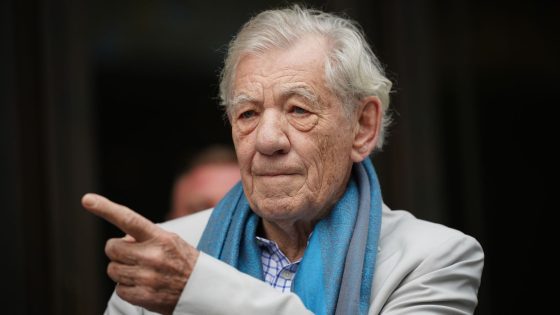It’s a very collaborative process, so unlike a lot of counselling work, it’s not “your client” alone. However, you have time to read all the notes from their previous sessions. If you are a team player this makes the job an excellent fit – it takes the load off.
People are surprised when I tell them: Clients who engage with Quitline to receive our ongoing counselling support increase their chances of quitting by up to 40 per cent. They’re also surprised to learn that clients who use support are three times more likely to achieve lasting success than those who try without support.
Why I chose this career: In Australia, I have worked as a group counsellor, a family and relationship counsellor and in other roles. I chose this job specifically because it is very practical in nature.
It’s very rewarding and engaging as I get the opportunity to engage every day in the process of finding better ways of helping smokers who want to stop.
What formal qualifications I needed: Before living in Australia, I completed a Bachelor of Social and Clinical Psychology from Hope Africa University, but that was in French, so I needed to do some retraining here.
I did a Certificate IV in Mental Health and completed a bachelor’s degree in social work from the University of Wollongong. Now, I am a member of the Australian Association of Social Workers, and I am currently doing a master’s degree in counselling social work at the University of New South Wales.
World No Tobacco Day 2024 is on 31 May.
The Business Briefing newsletter delivers major stories, exclusive coverage and expert opinion. Sign up to get it every weekday morning.
Source Agencies

